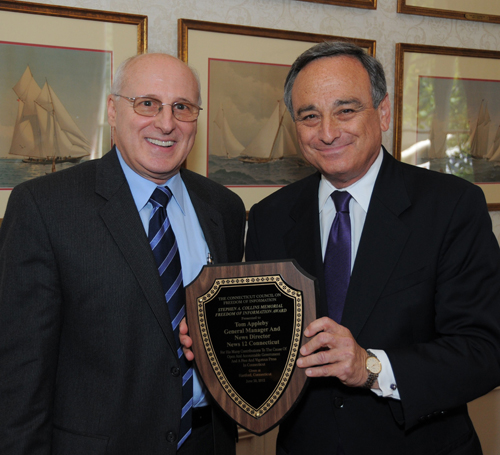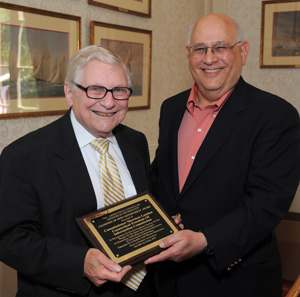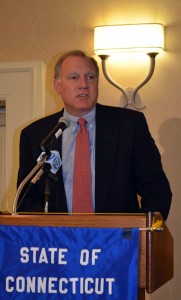Freelancers wanted:
The Associated Press is seeking reliable people to call in presidential election results Nov. 6 in Ansonia, Bethel, Columbia, Naugatuck, Southbury and possibly other Connecticut towns.
For more information, contact Stringer Coordinator Kate Farrish at katefarrish@live.com.





